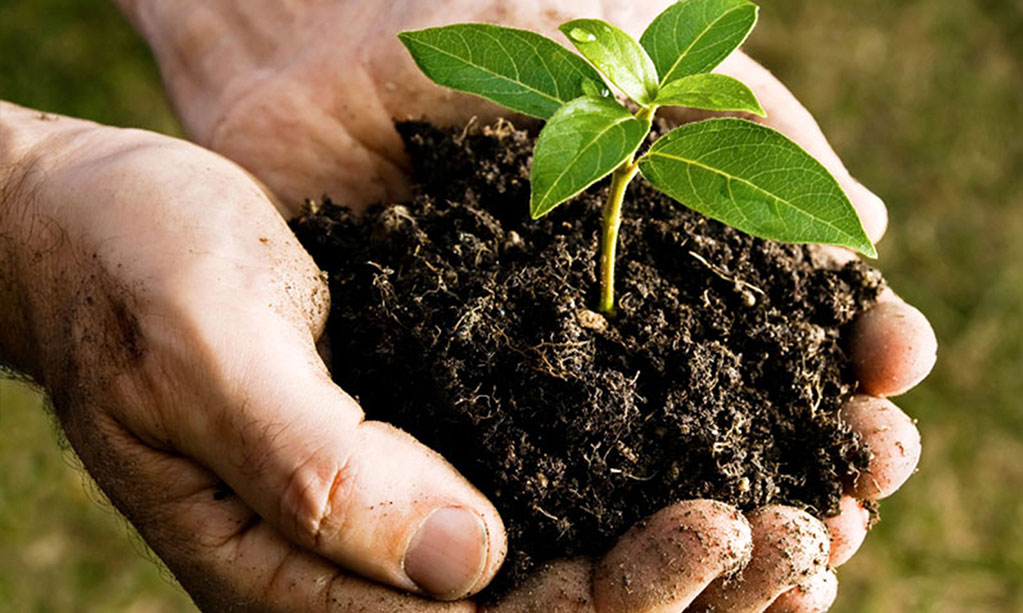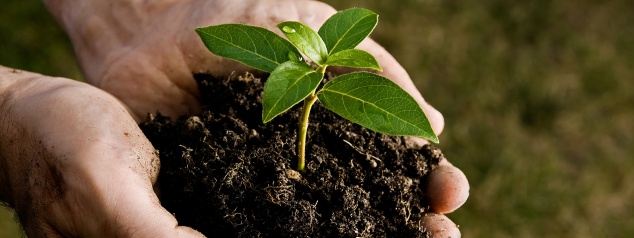Common Ingredients in Compost

Choose the right type of compost for the job you have in mind. Not all composts are the same. Some are labelled for seeds and cuttings, others are for potting. Some other composts, often called ‘ericaceous compost’, contain no lime and are designed specially for growing acid-loving plants such as rhododendrons, azaleas and camellias in pots and containers.

Ingredients in compost
Compost that is excellent for growing can be made from many different base ingredients. These include:
Peat: A naturally occurring substance made from decaying vegetation (sphagnum moss or sedge) which varies in color from black to dark brown and pale brown. Peat in its raw state is generally low in nutrients but provides a warm, aerated environment around plant roots as well as holding moisture and added nutrients without becoming water-logged.
Sterilized loam: Loam that has been heat treated to ensure that all diseases and weed seeds have been destroyed.
Sand: Sand is washed to ensure that any residues of salt have been removed.
Grit: Added to keep the structure of the compost open, improving aeration around the roots and drainage. The size of grit particles can vary from very fine to almost pea shingle.
Coir: A natural by-product made from coconut husks and has excellent water retaining properties without easily becoming water-logged.
Bark: Can be used as a peat alternative. Bark must be well composted before it is used in compost, otherwise it can be detrimental to plant growth.
Composted Wood Waste: This is usually made from composted chipboard and is also a peat alternative.
Composted Green Waste: This is generally produced by local councils and is made from domestic kitchen and garden waste.
Composted Stable Manure: Pretty self-explanatory! This usually contains a proportion of composted straw and/or other bedding materials as well as horse manure.
Extra ingredients added to compost
Most composts have fertilizers added to them to help the plants grow. Plants need both major nutrients (Nitrogen, Phosphorous and Potassium) as well as secondary nutrients and trace elements. The main two types of fertilizers used are:
Soluble fertilizers: These gradually dissolve in water. Soluble fertilizers generally only provide enough nutrients for the plants for the first 6 weeks. However, many of the Scotts range of composts use a unique, secret recipe mix providing both the major nutrients as well as trace elements which are just as vital for healthy plant growth.
Granular fertilizers: There are two types of granular fertilizers – slow release and controlled release. Slow release fertilizers are dependent on soil moisture to work and release their nutrients all the time the compost is damp. If the compost becomes over-wet, or alternatively dries out, the plants cannot absorb the nutrients. Scotts use controlled release fertilizers (commonly referred to as Osmocote) which are specially developed to gradually release all the major nutrients and trace elements over a period of up to 6 months. Unlike slow-release, the nutrients are released depending on soil temperature and therefore available to the plant when they are required for growth.
Lime: Peat has a natural pH of approximately 3.5 to 4. Lime is added to compost mixes to increase the pH generally to 6 or 6.5. This is the ideal pH for most plants, except ericaceous ones where special ericaceous compost should be used. See details on pH below.
Wetting agent: If a compost is allowed to dry out it can be difficult to re-wet, as the water will tend to bead off and run away. By treating the compost with a wetting agent, the surface tension of the compost is reduced. This makes it much easier for the water to penetrate into the compost and therefore not run off.
pH:
The pH of compost and soil affects the availability of nutrients to the plant. This means that even though lots of nutrients may be present in the compost (or soil), they may not be able to be taken up through the roots and used and so the plant will suffer.